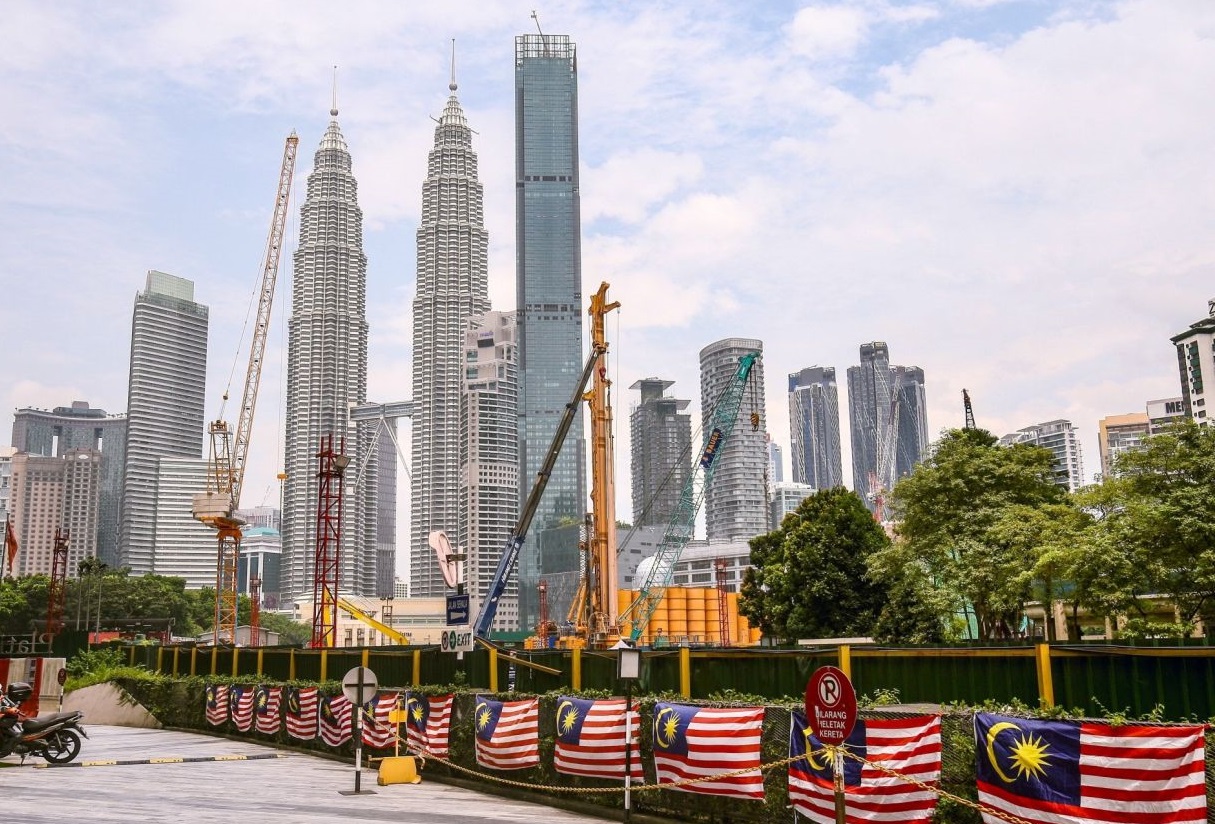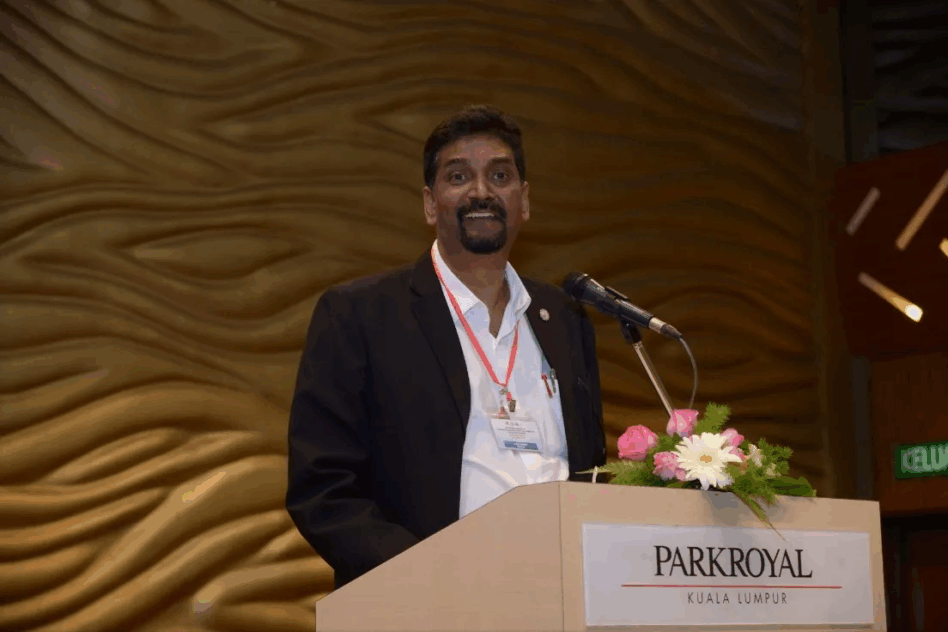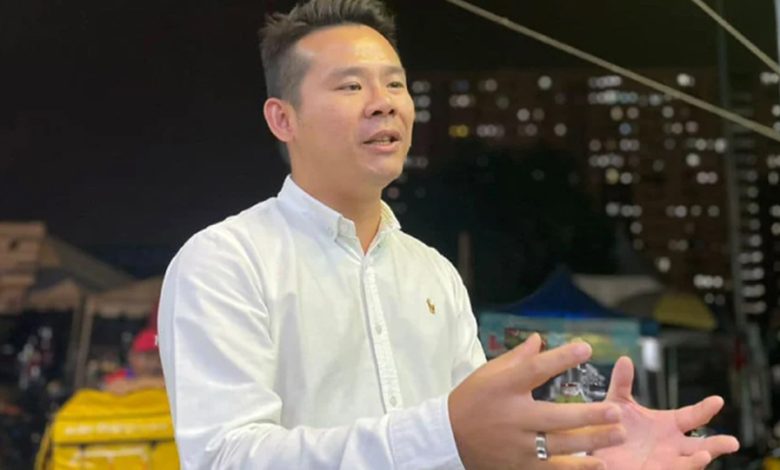MALAYSIA should prioritise the implementation of gradual fiscal consolidation to support inclusive economic recovery across the country in the post-COVID era.
As recovery becomes more entrenched, policies need to be re-focused on addressing the fiscal impact of the COVID-19 crisis through increased revenue collection and greater spending efficiency, according to World Bank’s country director (Brunei, Malaysia, the Philippines and Thailand) Ndiame Diop.
“Beyond re-building fiscal buffers, new growth opportunities could be seized in the post-pandemic world,” Diop pointed out in a statement. “For example, Malaysia can step up efforts to address some of the main constraints facing the development of Malaysia’s services sector and re-invigorate private investment.”
This is essential given Malaysia’s Federal Government revenue is projected to decrease to 14.3% of gross domestic product (GDP) in 2022 compared to 14.6% in 2021.

Although the Government is mulling a new set of tax measures, including a one-off windfall tax, tax on sugar-sweetened beverages as well as the removal of tax exemptions on foreign income – not to mention the re-imposition of the Goods and Services Tax (GST) – the impact is expected to remain small.
Above all else, the advent of the COVID-19 pandemic has elevated the national debt level to RM979.8 bil as of end-December 2021 or 63.4% of the country’s gross GDP.
The World Bank’s latest report “Catching Up: Inclusive Recovery & Growth for Lagging States” further found that fiscal policies must strike a balance between increasing revenues, spending efficiently, and ensuring sufficient social protection for lower-income groups to encourage comprehensive growth.
In a related development, Minister in the Prime Minister’s Department (Economy) Datuk Seri Mustapa Mohamed said it is important for the Government to continue supporting the vulnerable segments of the population, which was the hardest hit group during the pandemic while addressing structural challenges pertaining to energy and food security.
In the short term, the World Bank opined that fiscal policy should focus on maintaining financial support for the poor and vulnerable through the establishment of a more inclusive social protection framework with better targeting.
While the Government’s various cash assistance programmes throughout the pandemic have provided important support to households, the World Bank’s High-Frequency Phone Survey revealed that these cash assistance programmes did not reach nearly a quarter of those earning RM2,000 or less.
“While higher fiscal spending in response to the pandemic has helped support the economy, it has also led to further narrowing of the fiscal space,” stressed the World Bank. “Efforts to re-build fiscal buffers through increased revenue collection and enhanced spending efficiency should remain a key policy priority.”
Given that Malaysia’s economic recovery is still in its early stage, the World Bank opined that medium-term fiscal consolidation has to be tackled gradually.
“With the right governmental support systems and prudent fiscal steps in place, Malaysia’s economy can expand beyond a return to pre-pandemic levels towards achieving significant long-term development goals,” added the World Bank. – June 13, 2022









